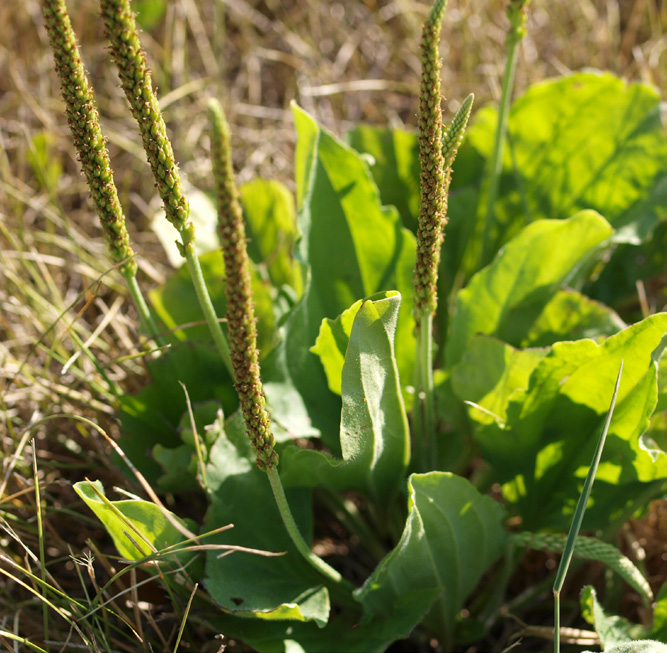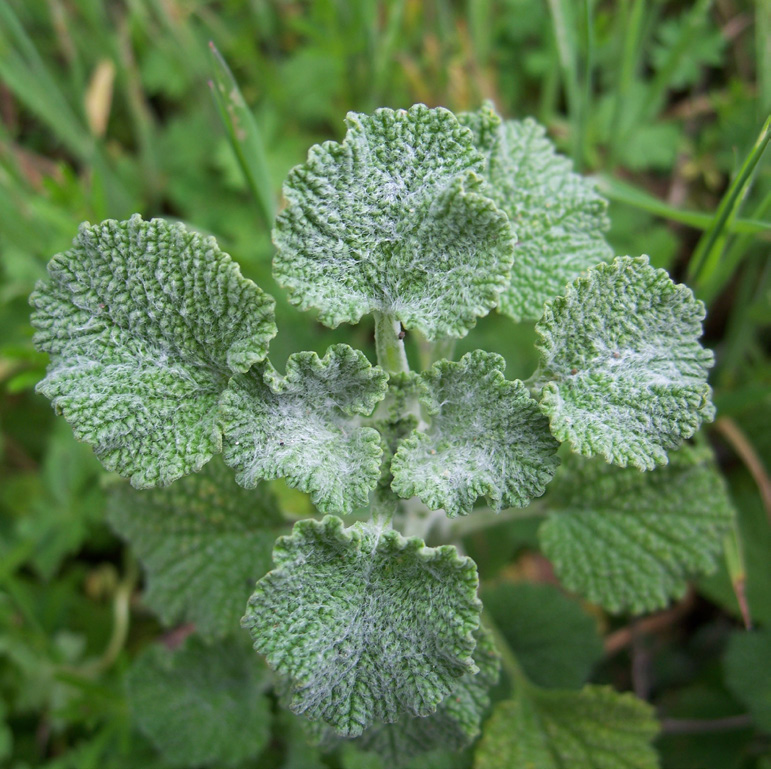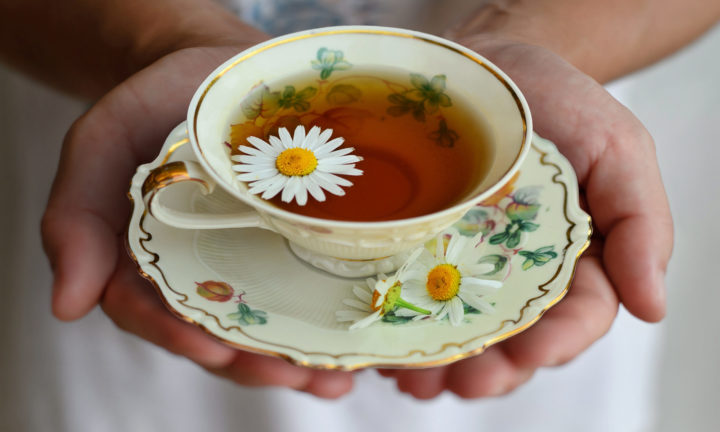Echinacea Tea

Healing properties of Echinacea have been linked to ancient times. Later, its medicinal properties were reported in more than a 10, 000 scientific articles. With the help of Echinacea purpurea and Echinacea augustofolia the body produces interferons, which destroy bacteria and viruses before they can proliferate.
Research has shown that the stimulation of the macrophages lasts only 10 days and that the maximum stimulation of the immune system takes place between days 3 and 6 of the treatment. Therefore, it is important to take this herb as soon as you feel symptoms coming on. One of the easiest ways to do it is to drink echinacea tea.
Make echinacea tea and drink 2-3 cups daily for 5 days. Make a 3-day break, and then you can resume drinking the tea.
While echinacea has no known side effects, use with caution especially if you have immune system disorders. Consult with your doctor or herbal professional before using it.
Plantain Tea

Plantain may look like a common roadside weed, but all varieties of this simple plant contain healing properties. It is proven that plantain has components that are anti-inflammatory. Plantain can ease respiratory problems, including bronchitis, coughs and asthma.
The primary active ingredient of plantain is aucubin, an antibacterial glycoside. Two other components, tannins and mucilage, are also highly anti-inflammatory and antiseptic. In a compress, the herb can help heal stings, minor cuts or scrapes and relieve itching from poison ivy.
Healing Tea Mixture with Plantain
For Bronchial Coughs
1 ½ tbs. plantain leaves
¾ tbs. thyme leaves
¾ tbs. elder flowers
Prepare this tea mixture with 3 cups of boiling water and steep for 10 minutes. The tea will ease feverish bronchial infections, thin mucus making it easier to expectorate.
As a supportive treatment for bronchial complains, drink 3-5 cups of tea daily.
Horehound Tea

It might sound like a dirty word, but Horehound is anything but!
The plant is rather unique. It is considered to be a member of the mint family. The leaves have a distinct furry texture and meatiness to them that makes horehound a very hearty herb. Horehound teas have bitter taste (something between root beer and licorice) which causes the body to regulate breathing and digestion.
Throughout history, horehound has been used for rituals as well, like warding off a witch’s spell. They say that Egyptians called horehound the “Seed of Horus”, which could possibly be the origin of the strange name. It was one of the herbs found in the medicine chests of the Egyptian pharaohs.
Other sources indicate that the name horehound comes from the Old English words har and hune, meaning downy plant. This descriptive name refers to the white hairs that give this herb its distinctive hoary appearance. … The generic name is believed to be derived from the Hebrew word marrob, meaning bitter juice.
As far back as 1600s, the herb was used for cough relief. Now it is known to remedy many more other ailments, such as liver and gallbladder complaints, poor appetite, and asthma. Teas made from dried herb are ideal remedies for bronchial congestion and indigestion. When applied externally, the tea can treat chronic skin conditions, such as eczema and psoriasis.
Warning: This tea should not be used during pregnancy!




